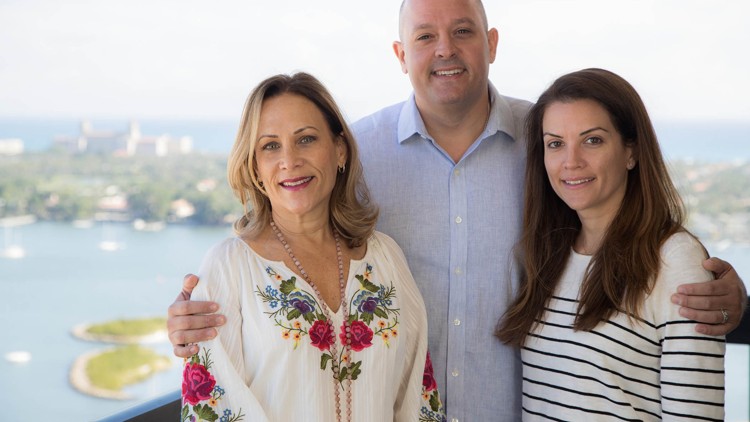Dear Friends, Through the efforts and the friendships we have made at the Foundation we are so grateful to for the continued open conversation around mental health. Last week at an event our friends from Palm Health Foundation hosted, we celebrated the opening of the first permanent brain exhibit at the West Palm Beach Science Museum. The excitement and hope for the progress we are making came to an abrupt halt when we learned that Dr. Jeremy Richman, who spoke at
Featured on the Palm Beach Post “No one likes to talk about it.” When Justin Merrell’s father John committed suicide in 2012, after years of battling long-term depression and coping with family illness, well-wishers who knew what happened struggled to find words to comfort the family. So instead of deflecting the awkwardness, Justin decided to let them know it was alright to discuss it. And almost without fail, they started to speak up. “It was typically a clammy type of conversation, but
From Psychology Today 5 Things You Need to Know May is Mental Health Awareness Month, and organizations across the nation will be drawing attention to the various—and often-surprising—way mental illness affects people’s lives. This May, a number of new research findings highlight the need for increased understanding of, empathy for, and respect of people facing mental health issues. Consider the following. Mental Illness is ‘Normal’ People with mental health issues have
Article from The Washington Post Sara Lazar, a neuroscientist at Massachusetts General Hospital and Harvard Medical School, was one of the first scientists to take the anecdotal claims about the benefits of meditation and mindfulness and test them in brain scans. What she found surprised her — that meditating can literally change your brain. She explains: Q: Why did you start looking at meditation and mindfulness and the brain? Lazar: A friend and I were training for the Boston marathon. I had
Prince Harry gave a stirring speech about mental health at the Virgin Money Giving Mind Media Awards on Monday night. “People seem ready for a different kind of conversation on mental health,” he said, according to People. “Everyone was tired of stigma and scare stories around mental illness.” He added, “People are now really talking about their own well-being and how to
From The Huffington Post In our culture, being masculine often means not being vulnerable; this is especially true in the NFL, where it seems players must act like stone-faced warriors to survive unscathed. But Chicago Bears wide receiver Brandon Marshall has weaknesses, and he isn’t afraid to talk about them. In this video from GQ,
Featured in Wellington the Magazine Merrell_July20131
Featured in Mass General Article-RR-sent-9-12
- 1
- 2



Recent Comments